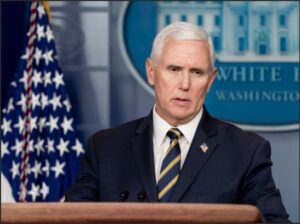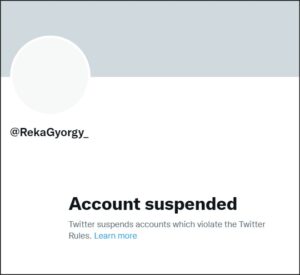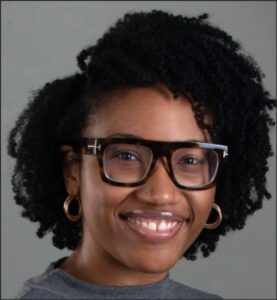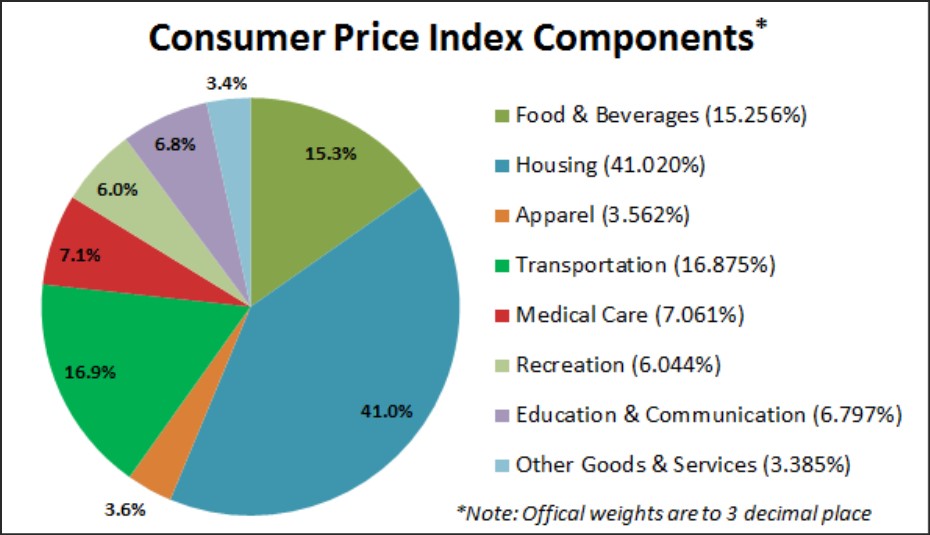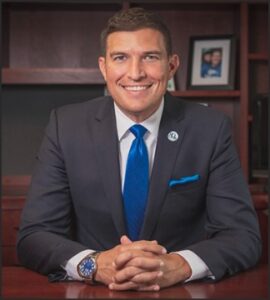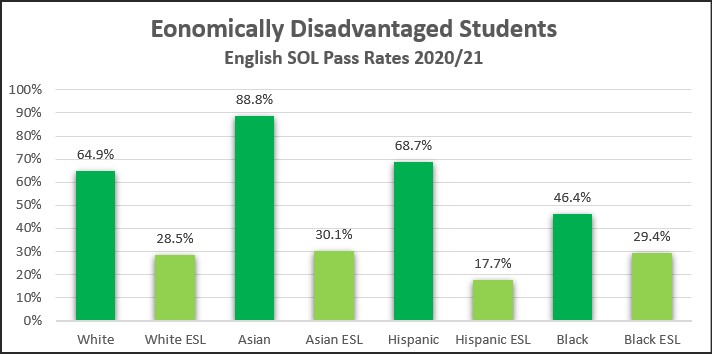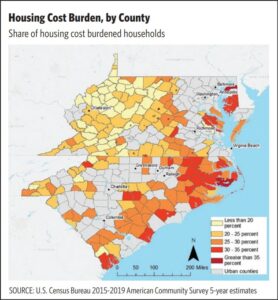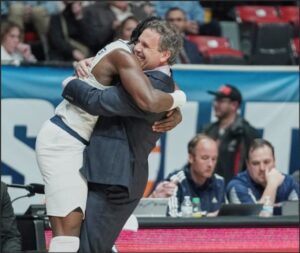The Eastern Virginia Medical School (EVMS) has reached a settlement with medical student Edward Si over a lawsuit filed after the school prohibited him from forming a Students for a National Health Program (SNaHP) club. The medical school will pay Si and SNaHP $38,000. The Foundation for Individual Rights in Education (FIRE) represented Si.
In December 2020, Si formed the chapter, but the EVMS Student Government Association denied the application for recognition on the grounds that SGA did not want to approve clubs “based on opinions” — even though it had provided recognition to Medical Students for Choice. The day after FIRE filed a lawsuit, Si received notification that the club had been approved. Continue reading



